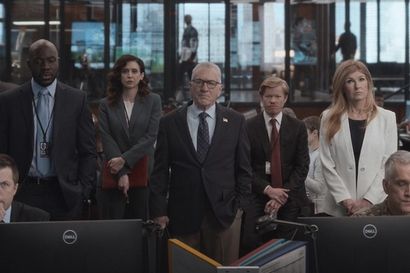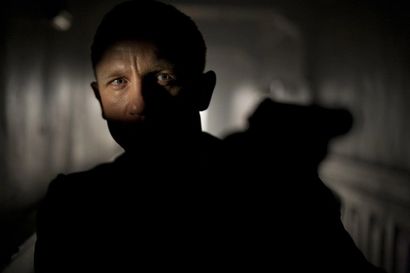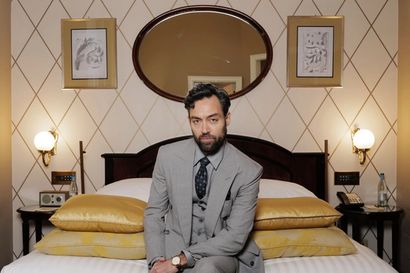Did you see Tenet? Quite a few people did. What’s more, they went to the cinema to see it. Tickets were torn, popcorn was popped and minds were blown throughout the multiplexes — with film buffs welcomed back into the theatrical fold for the first time since the global outbreak of the coronavirus.
And Christopher Nolan, the man behind Tenet’s twists and time-bending turns, was chuffed with the turnout. Not because of box office returns — the film is actually expected to lose millions during its theatrical run — but rather because he’d managed to tempt people out of their homes and back to the cinema.
The British director was determined to release his latest film at the cinema. In fact, at a press conference for Tenet, Nolan even admitted that it was a memorable trip to the cinema that put him on the movie-making path in the first place — and still fuels his film career to this day. The memory comes from 1977. Nolan was 7-years-old. The film was The Spy Who Loved Me.
“I went with my dad to the cinema to see it,” Nolan said of Roger Moore’s third 007 adventure. “What I remember, and what I’ve tried to retain from that experience is the feeling of possibility, that you could jump through that screen and go anywhere in the world and see the most amazing things.
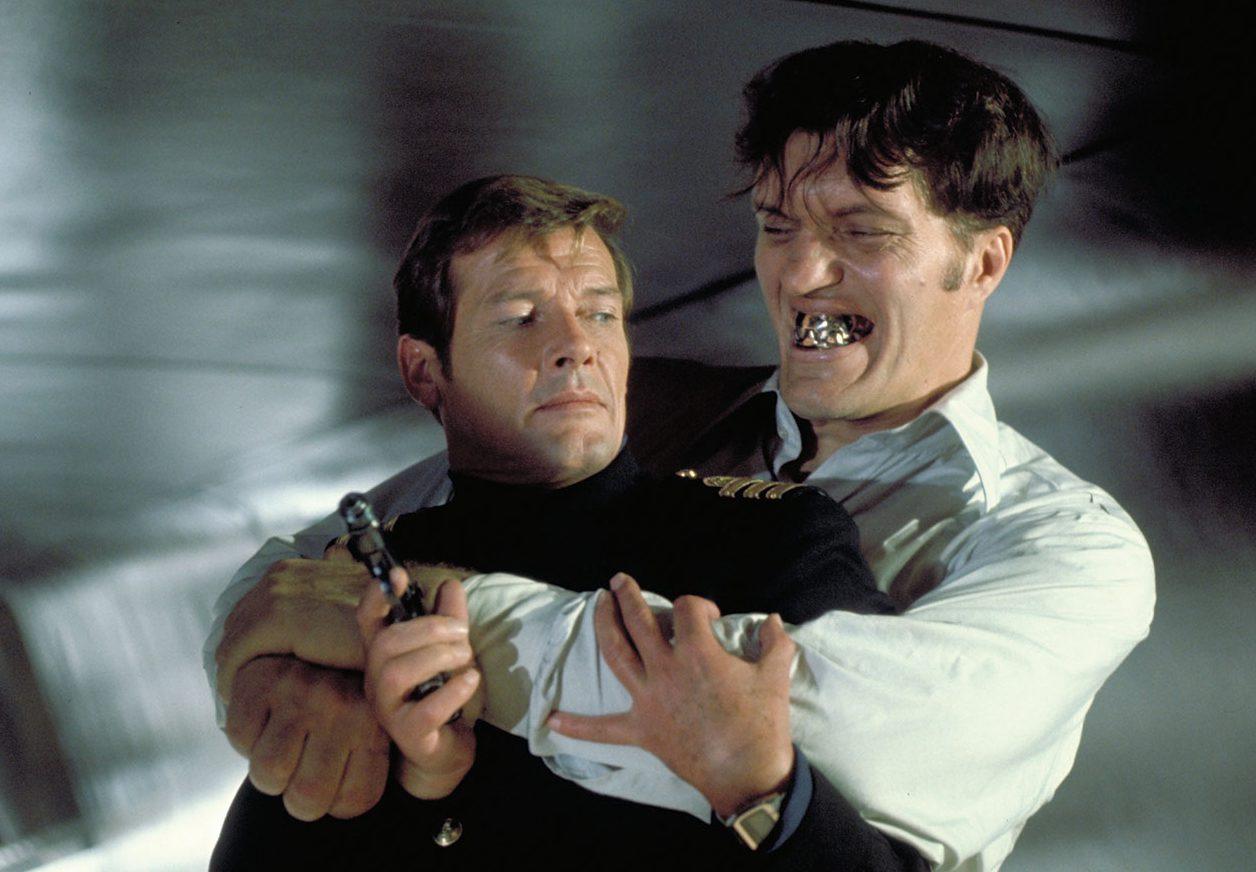
“I think I’ve spent a lot of my career trying to get back to that feeling,” Nolan added, “and trying to give that feeling to audiences.”
That means we’ve got cinematic Bond to thank for Nolan’s entire back catalogue. From Inception to Interstellar, The Prestige to The Dark Knight, seeing the man from MI6 on the big screen has led to countless adventures and action flicks we wouldn’t otherwise have had. Which makes it all the more sad that the relationship may be coming to an end.
What’s that? No more Bond in the cinema? It may sound ridiculous, but current events seem to be conspiring against the superspy. No Time To Die, the 25th film in Eon’s James Bond franchise, was the first major tentpole picture to shift its release date this year. Originally slated to hit cinemas in April, it was moved to November — and has subsequently been pushed even further down the line, to April 2021.
After the second postponement, Britain’s second-largest cinema chain, Cineworld, closed its doors — citing 007’s delay as the “last straw” in the fight against lockdown restrictions. Picturehouse, owned by Cineworld, will also close all cinemas. Odeon is scaling back by 25%. Vue will close many branches for three days a week. Only Showcase Cinemas is carrying on, for now, as usual.
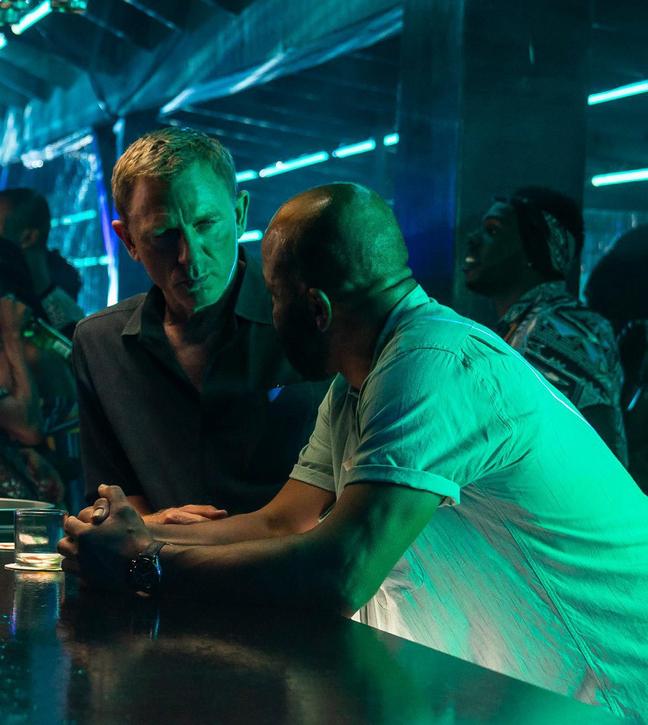

And despite many other films also delaying their release dates — titles including Dune, Black Widow, Top Gun: Maverick, The King’s Man, Ghostbusters: Afterlife and Eternals have all moved to 2021 — the finger of cinema-slaughtering blame has been pointed squarely at Bond. “This is getting ridiculous!”, “Absolute nonsense decision!” and “Would have saved the movie business!” came the cries from the comments section when No Time To Die was further pushed back earlier this month.
Bond has found himself in a tight spot — going from nationwide hero to suave scapegoat overnight. Because it’s not his fault. True, Eon lost its nerve and pulled the cinematic release — a move that doubtlessly has the altogether braver Christopher Nolan seething — but Bond is not wholly responsible for the crumbling British cinema industry. And, considering the 24 motion pictures and billions Bond has pumped into the film industry thus far, this would be an ignominious way for 007’s love affair with cinema to end.
Because Bond and the cinema have had an extraordinary partnership over the years. He’s stuck by the silver screen longer than he has any woman, entertained generation upon generation with his far-fetched missions and steered British cinema onto the world stage from behind the wheel of his DB5.
The first ever Bond film, Dr No, may have attracted criticism of Sean Connery — with one notable review calling him both “a blithering bounder” and “a great big hairy marshmallow” — but it still managed to gross well over half a million pounds in its first two weeks at the British box office. For 1962, that was a great deal of money — and established a pattern of success for the films to come.
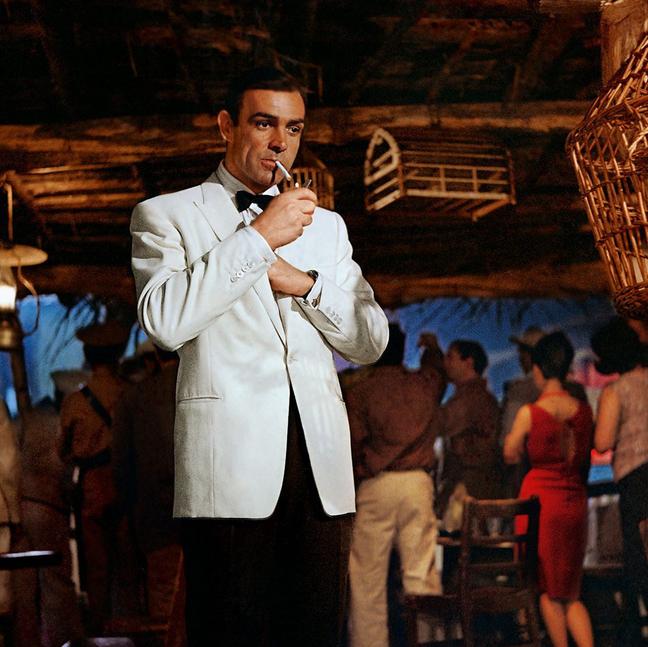
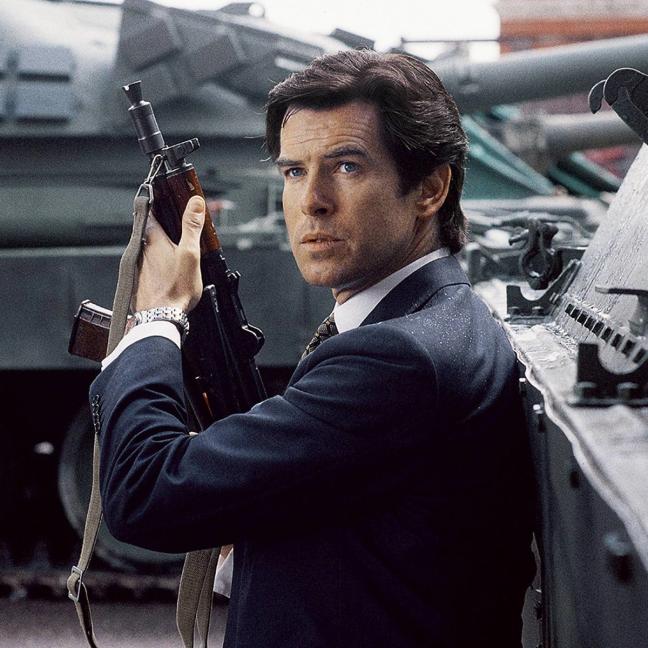
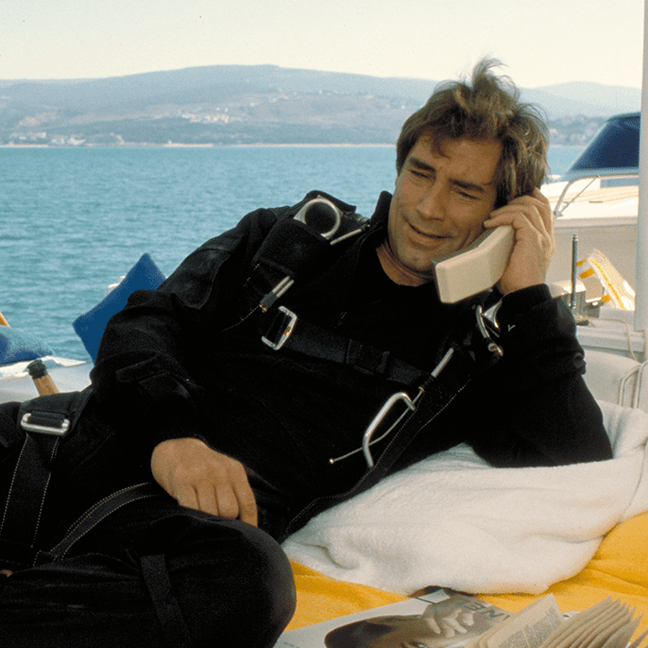
Dr No eventually made almost $60 million worldwide, and the gross profit of Connery’s films grew by around $10 million with every entry (his final film, Diamonds are Forever, brought in $116 million). Roger Moore stalled on his second outing, The Man With the Golden Gun, bringing in just $97 million — but the next film doubled that to $185 million. What was it, you ask? Why that saviour of British cinema, that beacon of Christopher Nolan inspiration; The Spy Who Loved Me.
From there, Bond’s takings at the box office have steadily grown. Dalton did better than Moore, Brosnan better than Dalton and Craig better than Brosnan. 2012’s Skyfall remains the profitable peak of the franchise — being the only Bond film to date to take over $1 billion at the global box office. Altogether the official Eon franchise has raked in over $14 billion (accounting for inflation), placing it in the top five most profitable film franchises of all time.
And yet we’re still lambasting Eon for delaying Bond’s latest outing? It just doesn’t seem right. Of course, should cinemas survive, all will likely be forgiven when Bond blasts back onto the big screen in 2021. But, for now, the superspy is on shaky ground. And while he’ll almost certainly live to die another day, there’s one more potential misstep to avoid first; streaming.
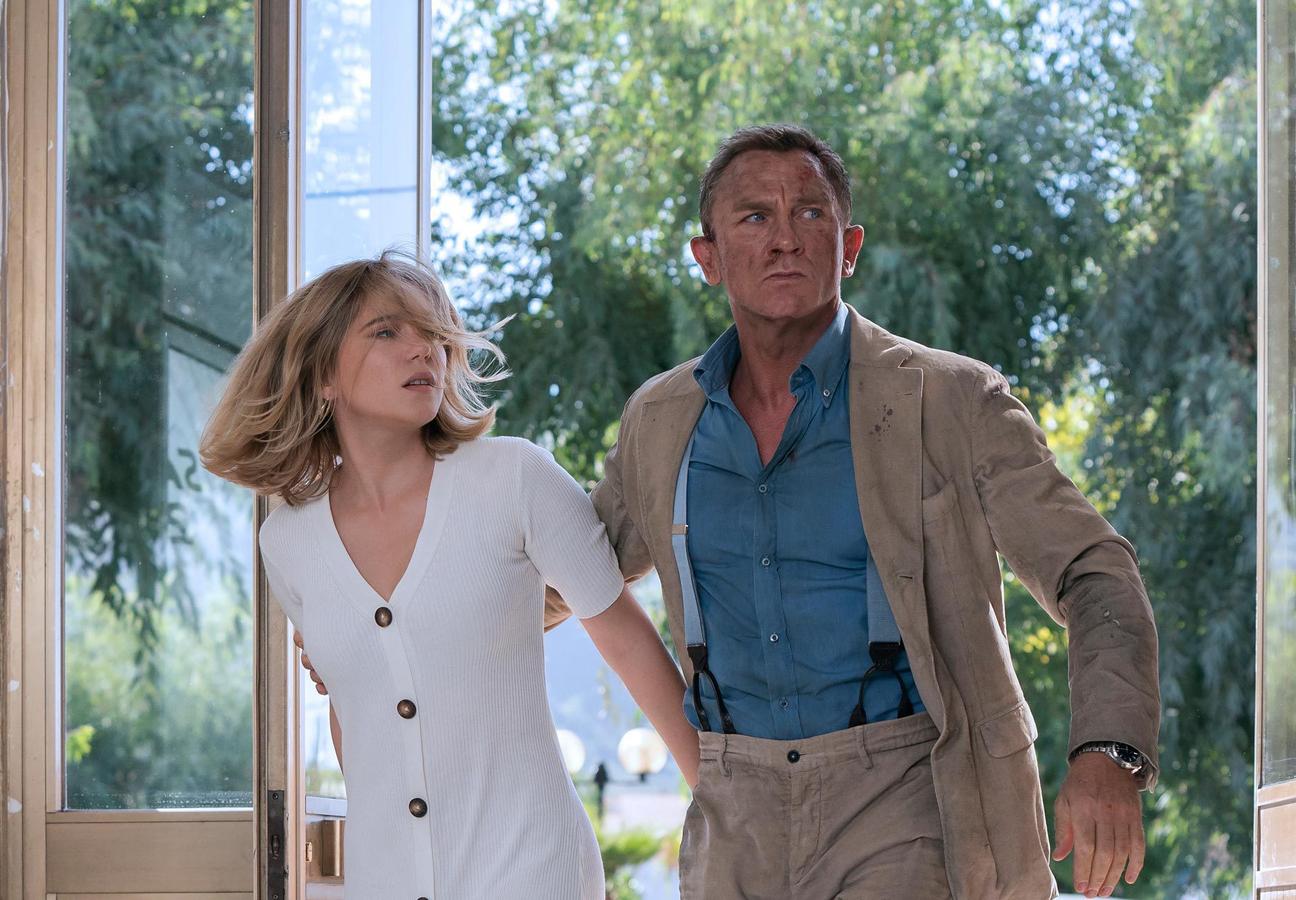
Many other big-budget films — including Mulan, Capone, Artemis Fowl and Soul — have taken this easy way out. By releasing directly onto streaming services, and forgoing a cinematic release altogether, production companies hope to recoup at least some of their lost money. But at what wider cost?
The lack of an exact April release date for No Time To Die has fans worried that Eon are considering a streaming release for Bond 25. But, if they do this, and they’ll kill an integral, decades-old part of the Bond franchise’s DNA; the cinema experience.
It would be like ripping up Bond’s agreement with Aston Martin, writing Q out of the script or deciding to nix the dinner jacket this time around. Bond needs the glitz and atmosphere of the cinema to survive — and almost every cinema chain has made it clear that they also need him. It’s more of a symbiotic relationship than a love affair and, if we end it now, this may just be Bond’s time to die.
Hopeful for the franchise’s future? We ask: Is Tom Hardy actually the next James Bond?
Join the Gentleman’s Journal Clubhouse here.
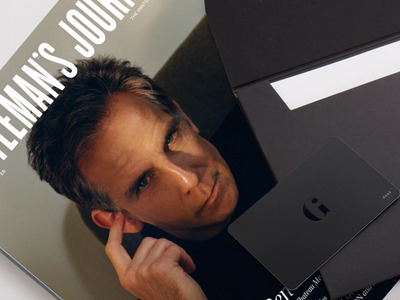
Become a Gentleman’s Journal Member?
Like the Gentleman’s Journal? Why not join the Clubhouse, a special kind of private club where members receive offers and experiences from hand-picked, premium brands. You will also receive invites to exclusive events, the quarterly print magazine delivered directly to your door and your own membership card.
